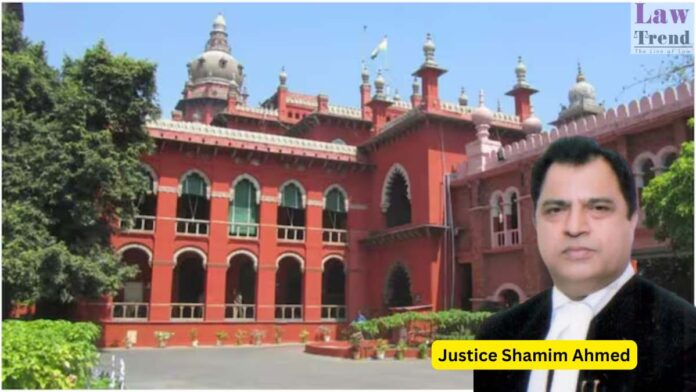The Madurai Bench of the Madras High Court has ruled that a xerox copy of a cheque can be admitted as secondary evidence in a criminal proceeding under the Negotiable Instruments Act, 1881, if the trial court had previously verified the original document before it was subsequently lost. Justice Shamim Ahmed, setting aside a trial
To Read More Please Subscribe to VIP Membership for Unlimited Access to All the Articles, Download Available Copies of Judgments/Order, Acess to Central/State Bare Acts, Advertisement Free Content, Access to More than 4000 Legal Drafts( Readymade Editable Formats of Suits, Petitions, Writs, Legal Notices, Divorce Petitions, 138 Notices, Bail Applications etc.) in Hindi and English.




